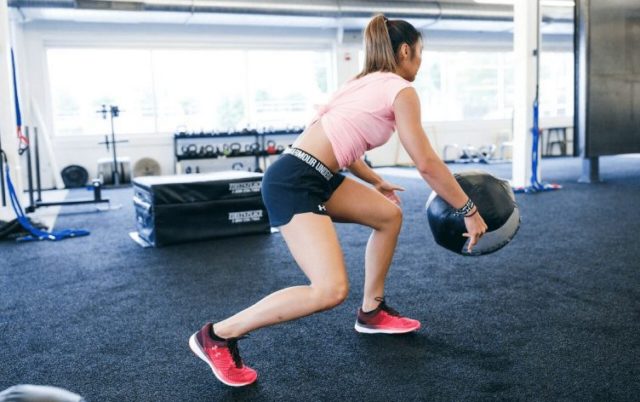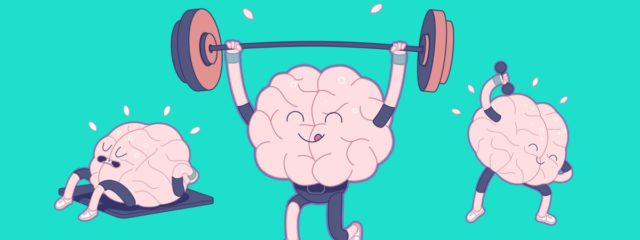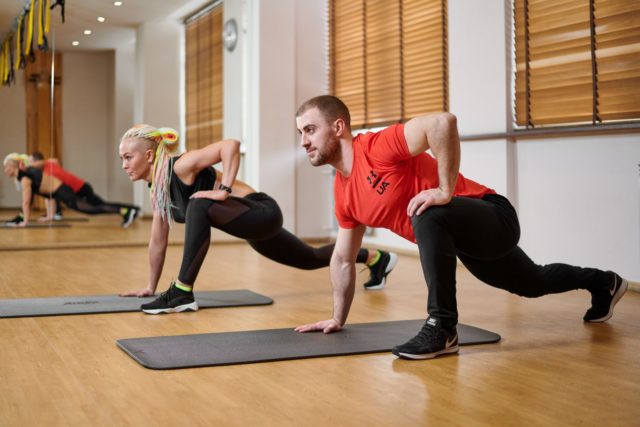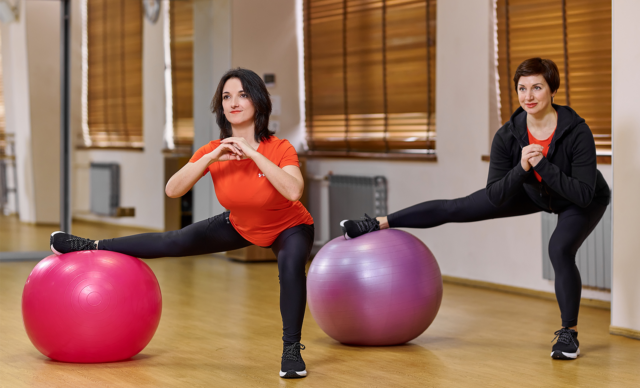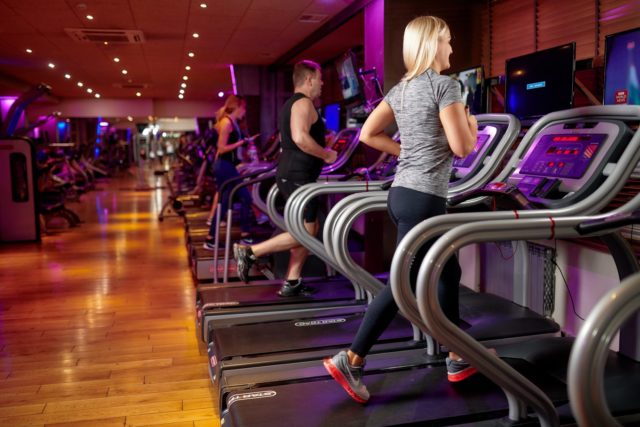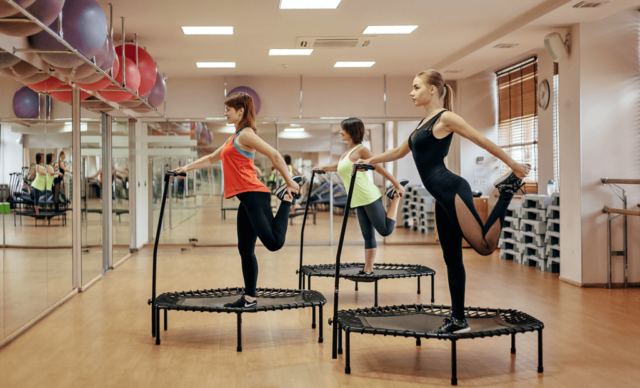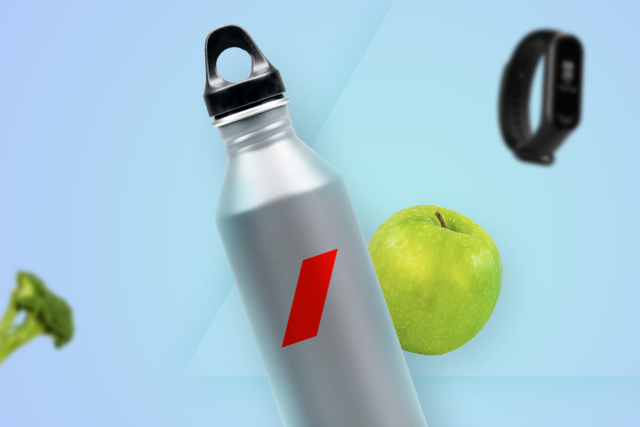Do you have hard mental work? Why not plan a short but intense workout for this occasion? According to physiologists from Texas Tech University, our brains function better after physical exertion.
How sports affect the brain
A key factor in a well-functioning brain is the neurotrophic factor of the brain, or BDNF, a hormone that helps brain cells establish new connections with each other. In the 1990s, neurologists found that laboratory animals produced more BDNF in various areas of the brain as a result of physical activity. Since then, neurologists, gerontologists, and psychologists have been studying the effects of exercise on cognitive abilities. They found, for example, that the brains of seventy-year-olds who walk more than half an hour every day on foot are somewhat “livelier” than those of people who are not physically active, that intensive workouts reduce the risk of developing Parkinson’s disease and three cardio workouts per week for sixty-year-olds to the growth of BDNF in critical parts of the brain.
Sports and the brain: research
The Texans wanted to know if physical exercise also had a directly noticeable positive effect on the brains of young people, so they developed an experiment with 15 healthy students. Researchers forced students to complete two load cycles of 20 minutes. In one case, students performed cycles with moderate intensity: 20% below the lung ventilation threshold (the point at which they began to suffocate) and 56% of the maximum oxygen uptake (VTh-20%). Another time, students worked more intensively: 10% above their lung ventilation threshold at 75% of the maximum oxygen uptake [VTh + 10%].
The effect of sports on the brain: results
Before and after the tests, the researchers used the Stroop test to assess students’ cognitive abilities. This is a test that measures how well your brain handles information. Students equally well performed the two easiest parts of the test after both sessions. But in the most difficult part of the test, students showed the best results only after intensive exercise, as shown in the figure below.

After intensive training, students had a significantly higher blood BDNF, but this did not occur after moderately intense training. The more lactic acid was detected in the students’ blood, the higher was the production of BDNF. Given that BDNF can cross the blood-brain barrier in both directions, intensity-dependent results can help develop exercise recipes to maintain or improve neurological health.


Output
“It’s tempting to suggest that repetitive BDNF impulses caused by exercise are key phenomena in neurological and cognitive improvements that occur as a result of regular exercise,” the researchers write. “Future studies should examine the effect of chronic physical training on the relationship between cardiovascular fitness, resting BDNF levels and cognitive function in humans.”



